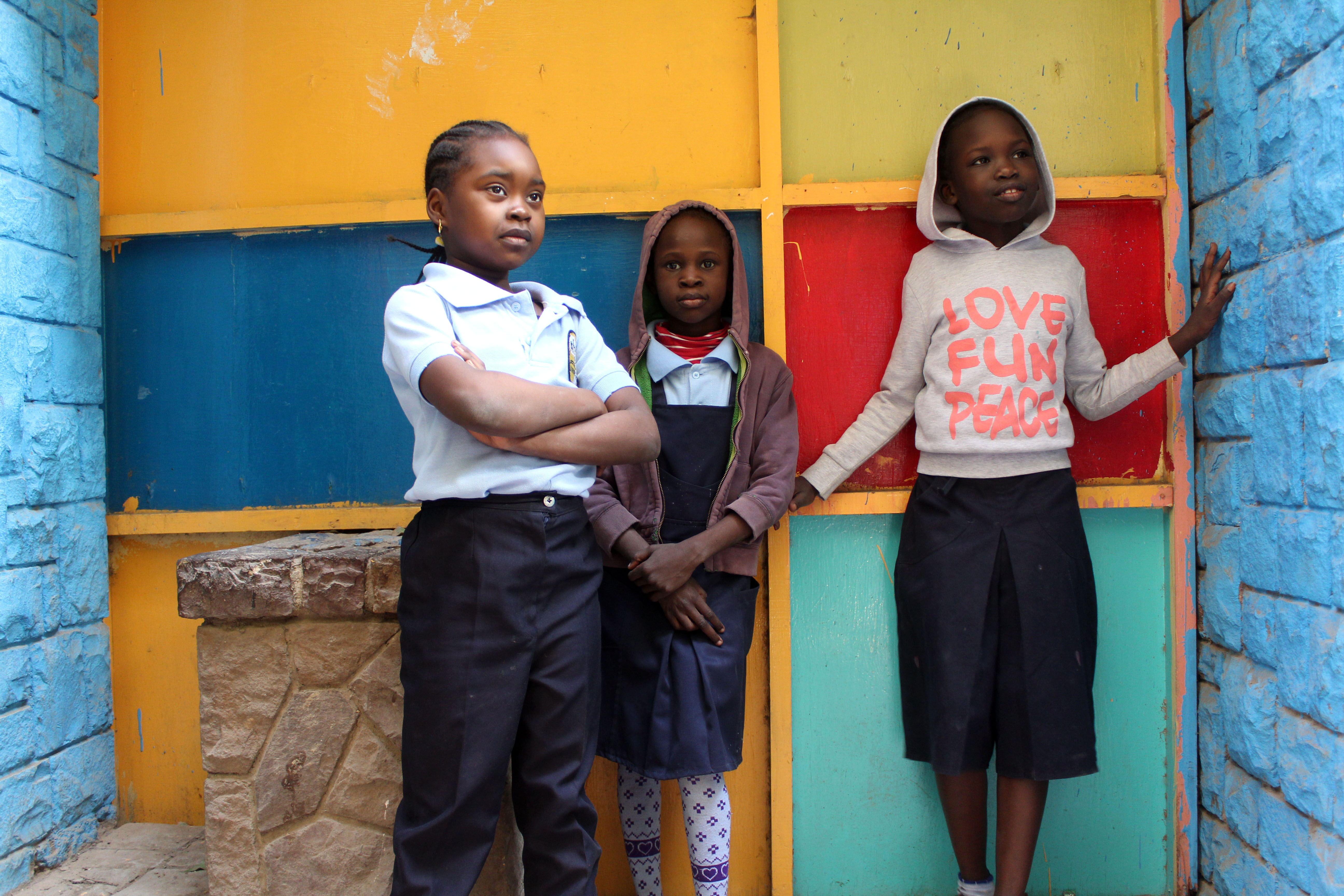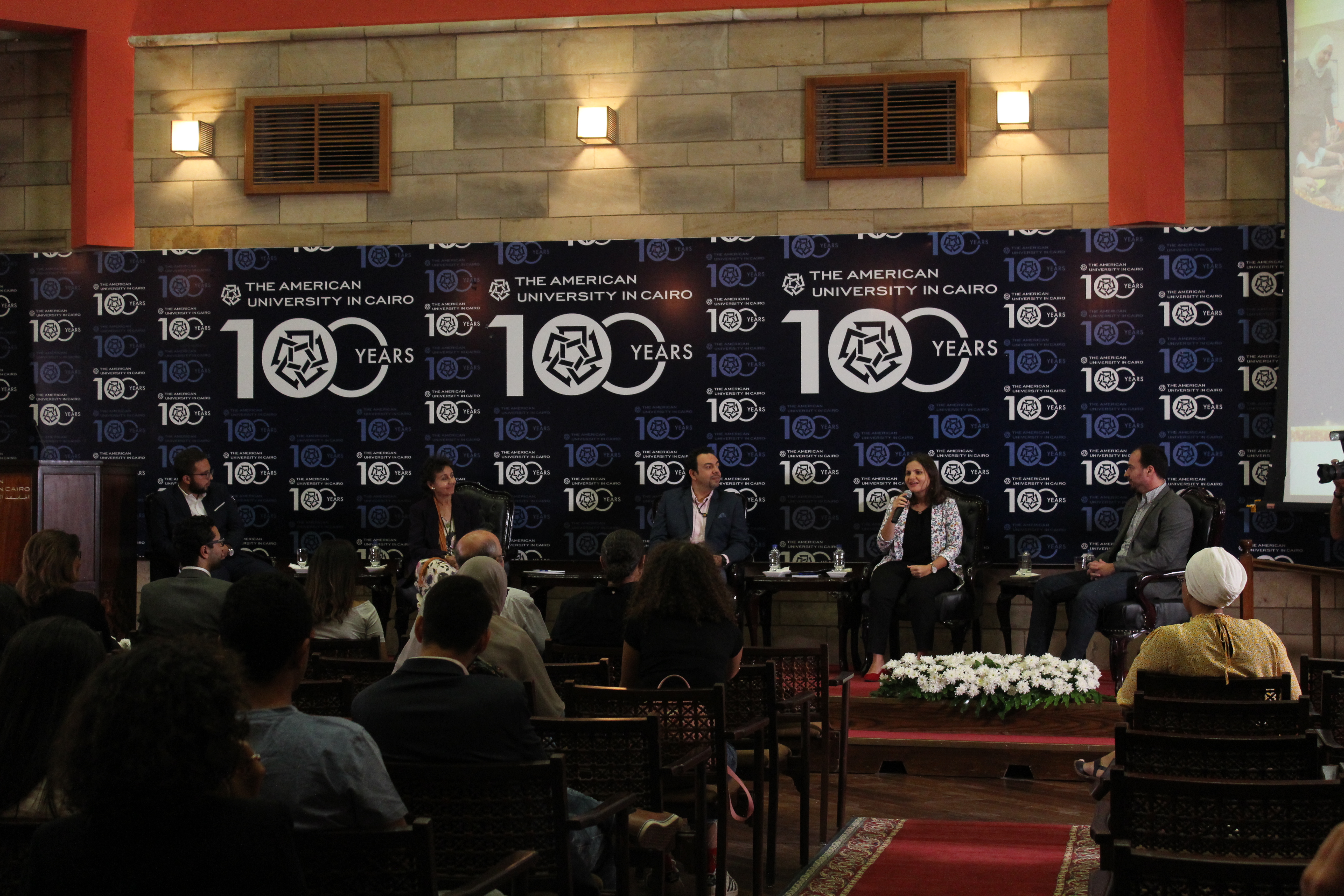Africa’s Refugees Caught between Nationality and Statelessness
By: Nada Darwish
Follow @nadadarwish_
Ever since the ‘refugee crisis’ hit global headlines in 2015, those fleeing war and instability have been detained – and their freedom of movement restricted – by host states, citing security concerns.
Further exacerbating their plight is that refugees may find that they are treated as peoples without citizenship.
Bronwen Manby, an independent human rights consultant, says that refugees are trapped between nationality and statelessness.
“If we go back to definition, a stateless person is one that is not considered as a national by any state, and is therefore not under the operation of its law,” she said last week during the Center for Migration and Refugee Studies (CMRS) monthly seminar series.
This ‘trap’ arises out of the discretionary power of states to assign nationality – a right that became intentionally recognized in the 1930s.
“You have the situation in which every country sets its own rules and where every country sets out who deserves to be Egyptian, who deserves to be British and who deserves to be Nigerian, but they’re not thinking about the people who have cracks in their connections,” Manby said.
The 1948 Universal Declaration of Human Rights (UDHR) affirmed that everyone has the right to nationality and that no one shall be arbitrarily deprived of their nationality nor denied the right to change it.
There are two international conventions, which establish regulatory frameworks as to which state should govern authority over stateless peoples.
The first is the UN Convention Relating to the Status of Stateless Persons, signed in 1954, which affords protection to stateless persons and broadly mirrors the Convention Relating to the Status of Refugees.
The second is the 1961 Convention on the Reduction of Statelessness, which provides basic minimum rules limiting state discretion on the acquisition or loss of nationality.
The most important provisions concern children who would otherwise be stateless. The 1961 Convention mandates that they should acquire the nationality of the state where he or she is born, in an effort to eliminate multigenerational statelessness.
Manby also discussed the Convention on the Elimination of Racial Discrimination which obliges states to grant nationality irrespective of creed, color or race.
“But nationality also, by definition, requires many forms of discrimination because it’s admitted that it comes from your parents, therefore there is a discrimination in nationality,” she added.
The extent to which discrimination in nationality is allowed is an area of increasing concern in international law.
In 2016, the UN Human Rights Council (HRC) passed a resolution expressing deep concern about arbitrary deprivation of nationality, “especially on discriminatory grounds such as race, colour, sex, language, religion, political or other opinion, national or social origin, property, birth or other status.”
This was followed by the International Law Commission’s report which sought to institutionalize greater protection of stateless persons.
Manby said that there are gaps in the law that contribute to statelessness in Africa; some countries prohibit transmission of nationality and state succession following independence and the creation of new states.
Other gaps in international law in Africa include the question of birthright as a precursor to nationality in a host country, and dual citizenship, which may be confused or misinterpreted.
These issues become all the more challenging because of flawed – and sometimes nonexistent – civil registration procedures which leave newborns undocumented.
However, Manby highlighted positive developments since the 1990s in the reduction of gender discrimination, and an increase in the tolerance of dual nationalities.
More African countries afford protection to children with unknown parents in the naturalization process.
“We now have a very large majority of 43 countries that have equal rights to transmit to children [from their parents], whether they are born in the [host] country or outside,” Manby said.



